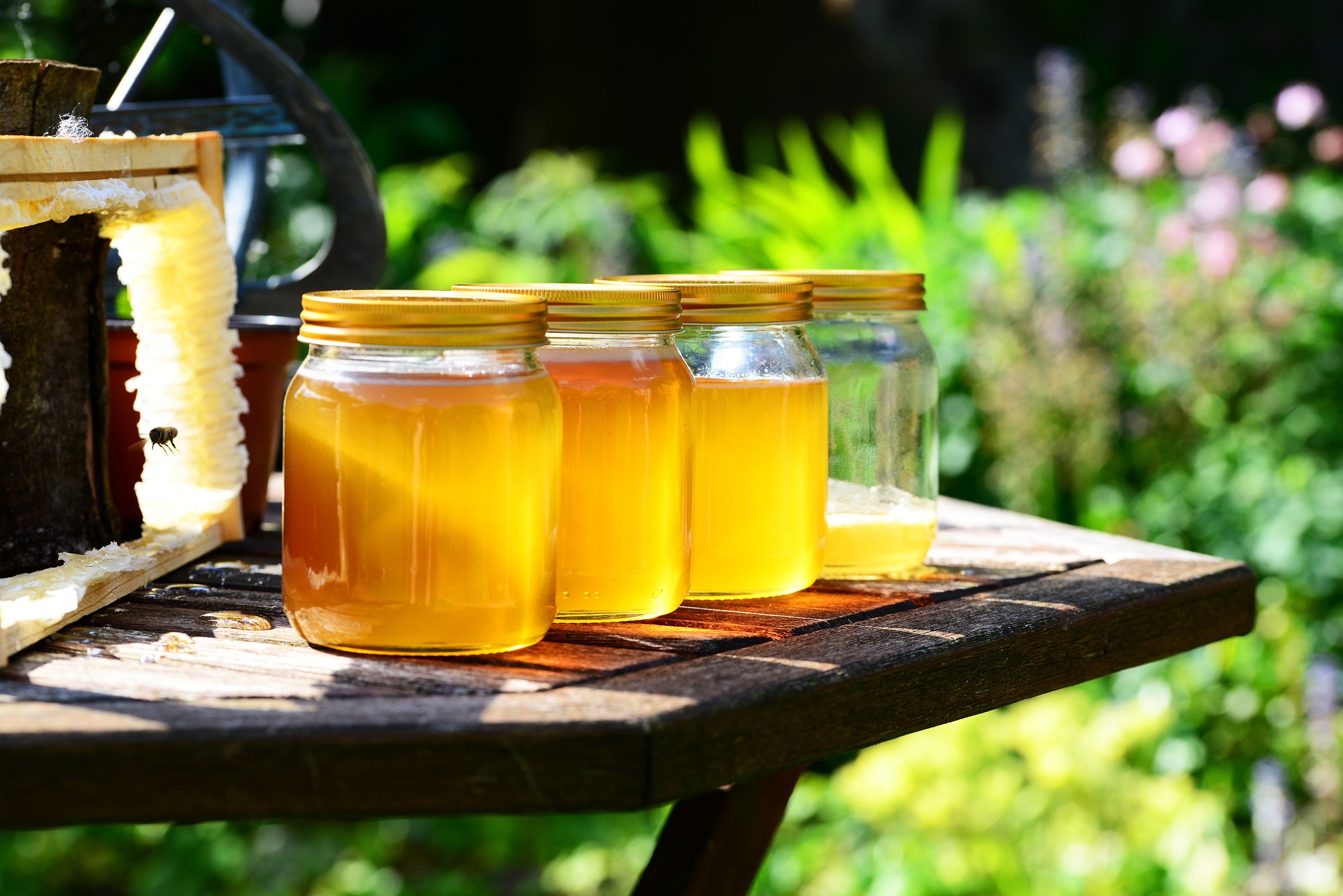
All British honey tested was fake
In the case of honey exported from the UK to the EU, there was a 100 per cent suspicion rate that a fraudulent product was being sold on shop shelves. In addition to the failed British samples, a further 137 products had “at least one marker of extraneous sugar sources” detected.
An investigation by the European Commission found that all 10 ordinary honey samples from the UK failed adulteration tests. It turned out that the honey, while blended or packaged in Britain, probably originated from overseas and was mixed with sugar syrup. Honey exported from the UK to Europe had a 100 per cent suspicion rate that “could be the result of honey produced in other countries and further processed in the UK before its re-export to the EU”.
The EU’s Directorate-General for Health and Food Safety worked with 18 countries in the EU food fraud network and tested 320 samples. In addition to the failed British samples, a further 137 products had “at least one marker of extraneous sugar sources” detected.
OLAF, the European Union’s anti-fraud office, warned that
“such practices defraud consumers and put honest producers in jeopardy as they face unfair competition from operators who can slash prices thanks to illicit, cheap ingredients.”
According to the Food Fraud Database, honey is one of the top three most faked foods in the world, alongside olive oil and milk, and is adulterated both through the addition of sugar syrup and of colouring.
The UK government said it was testing the results but that there was no threat to consumer safety. „The UK government takes any type of food fraud very seriously, including honey adulteration,” the Department for Environment, Food and Rural Affairs said in response to the disappointing authenticity test results.
Experts warn consumers to be duly cautious when they buy honey that comes from the UK. Beekeeper Lynne Ingram told a British newspaper that:
„If you see honey that is as cheap as 75p a jar, it is too good to be true. It’s unrealistic for people to be able to produce genuine honey at those prices.”
Ms Ingram suggested shoppers should choose honeys that state the country of origin on the label and ideally source it from traditional local beekeepers.
Last year, the UK imported more than 38,000 tonnes of honey from China, where there is a known risk of adulteration with sugar syrup. Consumers will be unaware of the true authenticity and provenance of their honey because country of origin labelling is not required for a blended product from more than one nation. In a newspaper interview, Arturo Carrillo, the Mexico-based coordinator of the international Honey Authenticity Network, said,
„The UK is flooded with very cheap adulterated honey imported from China. What is disappointing is that the British authorities have been very, very much reluctant to accept and address this tremendous problem.”
Tags:

